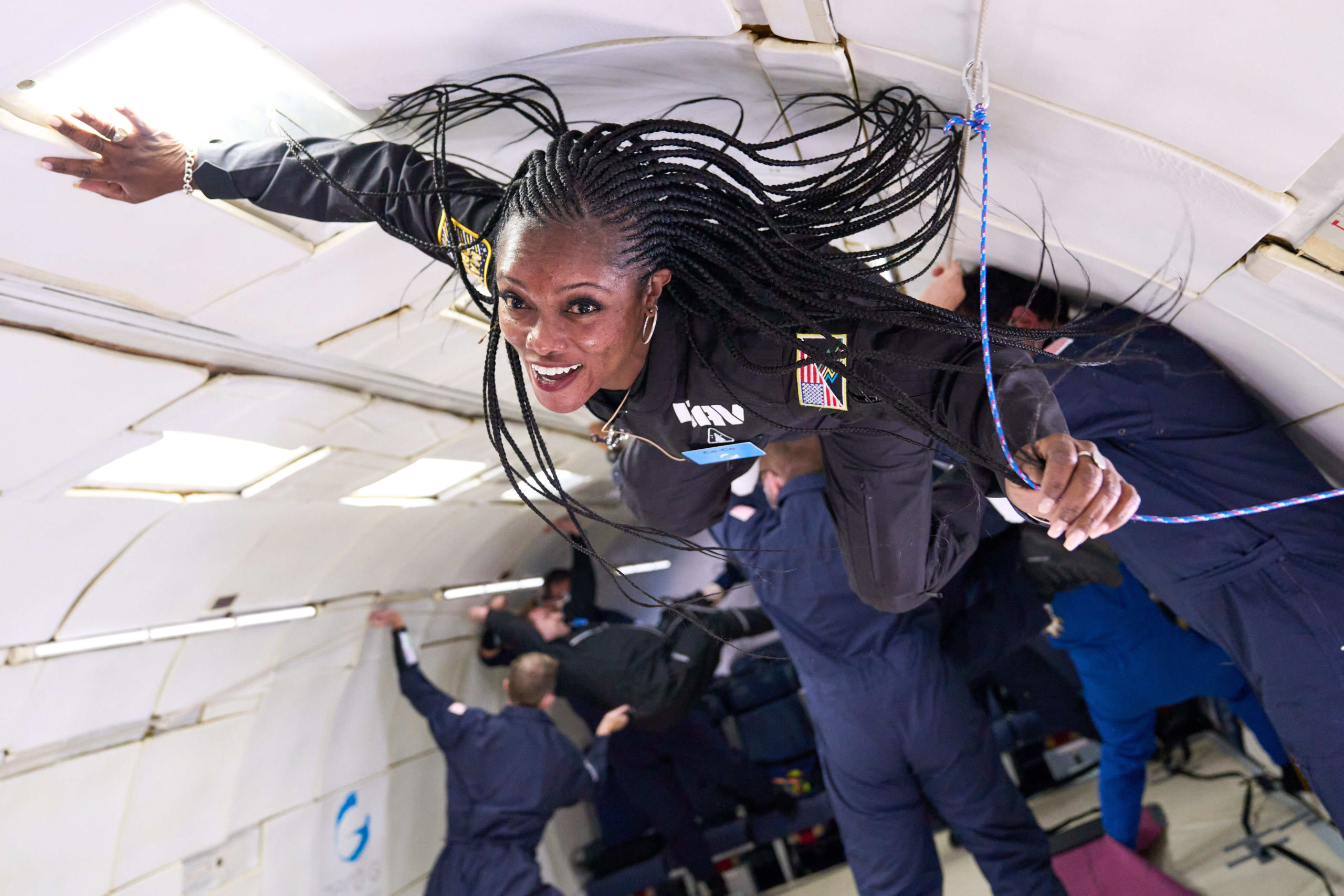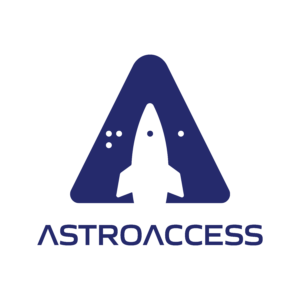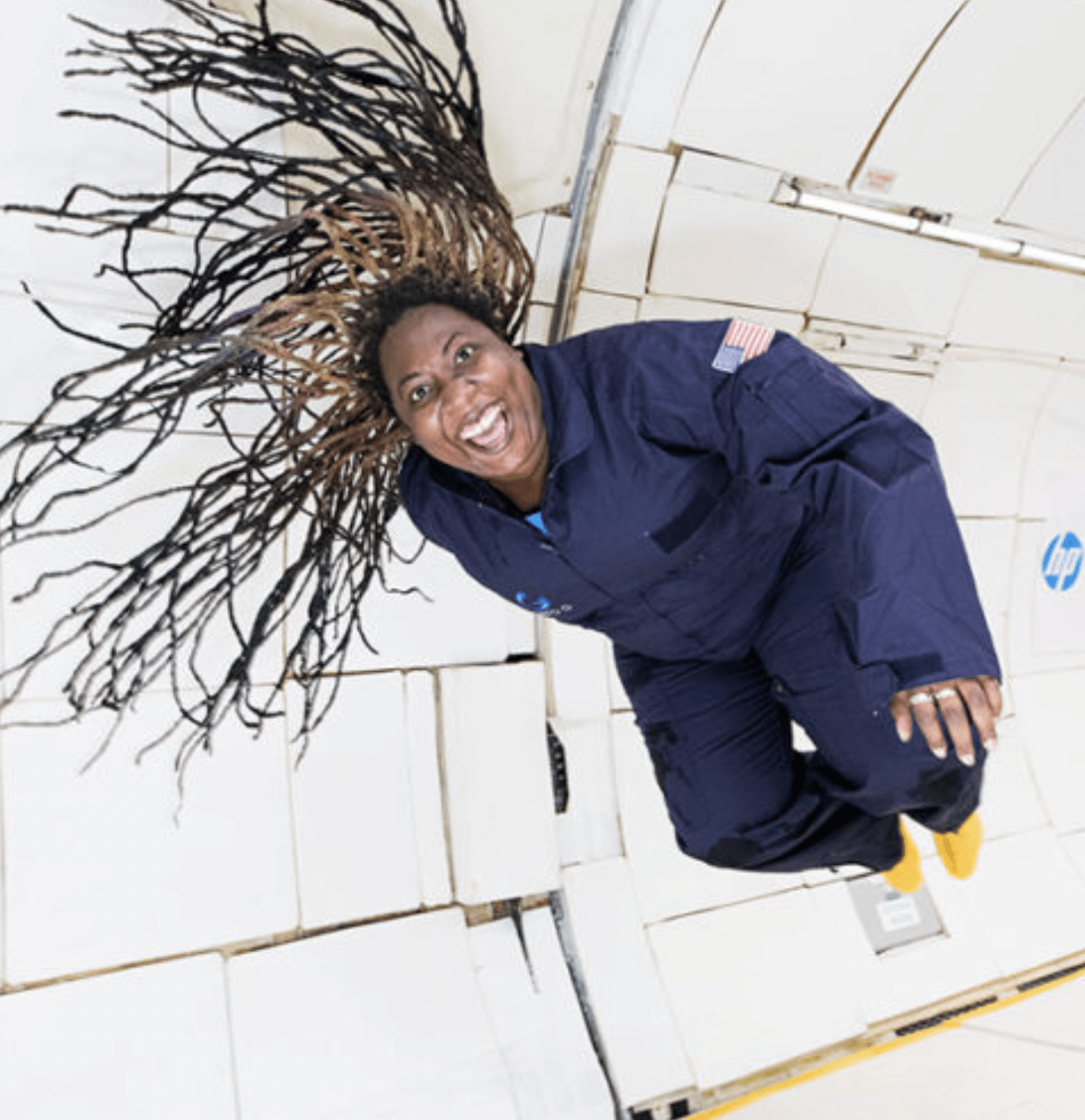AstroAccess Announces Second Zero-Gravity Parabolic Flight
In 2021, LightHouse partnered with SciAccess Initiative for the launch of a new program, Mission: AstroAccess. Last October twelve people with disabilities took a series of zero-gravity parabolic flights,...


